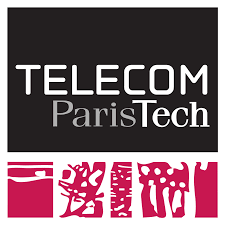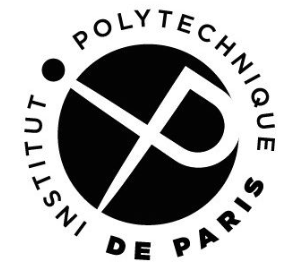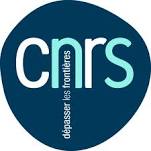Ph.D. Position Adverstisement
Augmented Humanity: Exploring Ethical, Social and Political Challenges of Mixed Reality using Speculative Design and Design Fiction.
Introduction
Telecom Paris is inviting applications for a fully-funded doctoral researcher position exploring the negative impacts of Mixed-Reality (MR) technology. The last years of research around MR (VR and AR), have demonstrated the potential benefits of this technology for a variety of use cases: Medicine, Education and Entertainment. All of the new technology is mainly designed for positive use case scenarios. However, time has shown over and over the potential for abuse and unforeseen side effects that often go hand in hand with the adoption of the technology (e.g., smartphone addiction, social media anxiety disorder). Unfortunately, only a small amount of HCI research has been done on the potential negative and dangerous impact of this technology (e.g. https://dl.acm.org/citation.cfm?id=3299033).
To be able to inform the future design of MR technology and better understand the potential harmful impact MR can have on human behavior, we want to explore these negative and dangerous applications (“dystopian realities”) arising from constantly available mixed reality technology (e.g. http://hyper-reality.co/). These “dystopian realities” will be grounded in current and upcoming social, ethical and political questions: Is consumer technology negatively impacting human interaction ? Is constant access to digital information harming our mental well being ? Should the access to consumer technologies be similarly regulated as the access to addictive substances?
The methods needed to explore this research are highly interdisciplinary and grounded inside the fields of Design (Design Fiction, Speculative Design) and Computer Science (Prototyping, User Evaluation). In a first step, the student will design negative and provocative concepts of potential misuse, highlighting one specific aspect grounded either in social, ethical or political questions. In a second step, some of the selected concepts will be implemented in hardware and software using current available technology. This second step leads to fully functional artifacts, that go beyond the typical “diegetic prototypes” used in design fiction. In a last step, the student will conduct studies, measuring the impact of each prototype onto the user, recording the users’ behaviour with the technology and starting a discussion around ethical, social and political implications for mixed reality.
Example of projects done in the team
|
ShareVR (CHI 2017) |
MobiLimb ( UIST 2018) |
FaceDisplay (CHI 2018) |
|
GyroVR (UIST 2016) |
FaceTouch (UIST 2016) |
Constructive visualization (DIS 2014) (VIS 2015) |
Requirements
A successful candidate has:Conditions of Employment & Employer
The offered position is a full-time positions for 3 years. They are not bound to an industry grant: There are no deliverables to write, and no software to deliver. The candidates will be able to devote their entire time to research. There is no mandatory teaching, however the candidate could receive extra money for teaching class if wanted.Employer
Télécom Paris is one of the top engineering schools in Paris. These schools are the more competitive variant of universities in the public education system of France, with student admission ratios of around 5%-10%. The school was founded in 1878, and prides itself to have invented the word “telecommunication”. In May 2019, the school announced to collaborate with four other grandes écoles (Ecole Polytechnique, ENSTA, ENSAE and Telecom SudParis) to form the Institute Polytechnic de Paris (IP-Paris). IP Paris brings together five prestigious graduate schools with one ambition: create a world-class institute committed to cutting-edge research and excellence in training. The five founding graduate schools embody experience, history and roots, positioning IP Paris as a leading educational institution, both in France and internationally. In this context, the school moved recently into a new building located in Palaiseau, approximately 30 minutes south of Paris. The PhD position will be a collaboration between the DIVA Group in the Computer Science Institute and the CoDesign Lab in the Social Science Institute. The position will be co-supervised by Jan Gugenheimer, Samuel Huron and Eric Lecolinet.
Surroundings
The school building is totally new (open in october) and position in Palaiseau on the campus of Institut Polytechnique de Paris. The campus. Well deserved by public transportation (2 RER stations, several bus, bikes lines) and inside a National Park (La Vallée de chevreuses). The campus is approximatively 30 minutes from Paris. Paris is one of the most visited cities in the world. Paris have an incredible number of museums, theatres, art and design exhibitions and vivid art, sport, music, scientific, tech and nightlife scenes.
How to apply
Applications will be considered until **08. November 2019**. Please submit a cover letter (describing your background, research experience and fit for the position and future interests), your CV (including a full list of publications, study transcripts and names and contact information of two references). Please send your application via email to jgugenheimer(at)acm.org and samuel.huron(at)telecom-paristech.fr Should you have questions about the position, please contact us.
We are aware of the importance of increasing the proportion of women in this type of employment, we actively encourage applications from women. For candidates with equal qualifications, preference will be given to people with physical disabilities.


